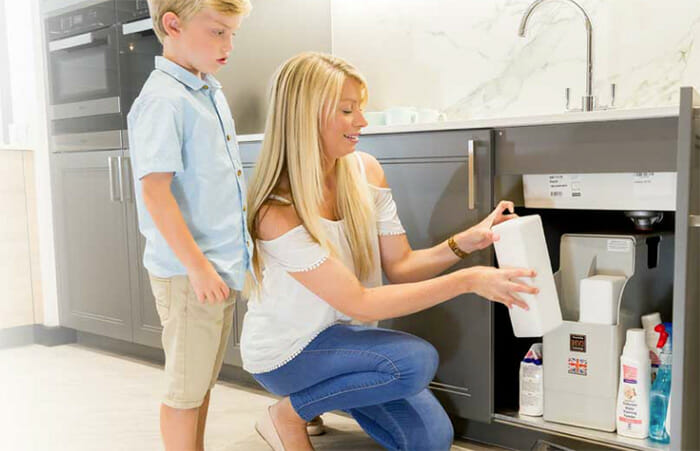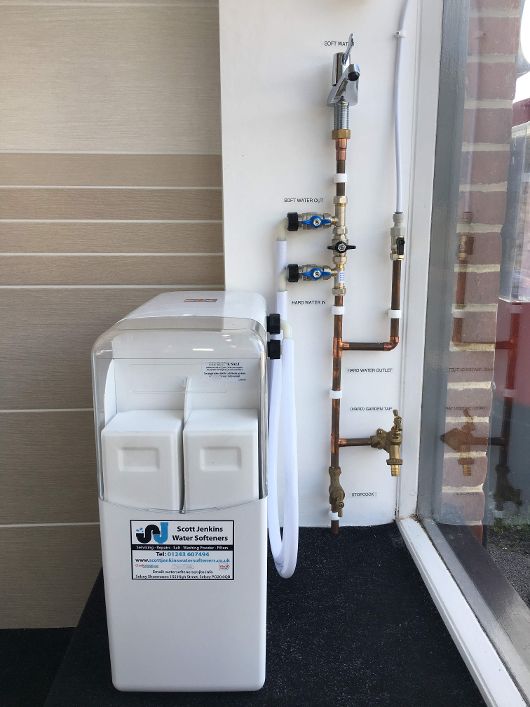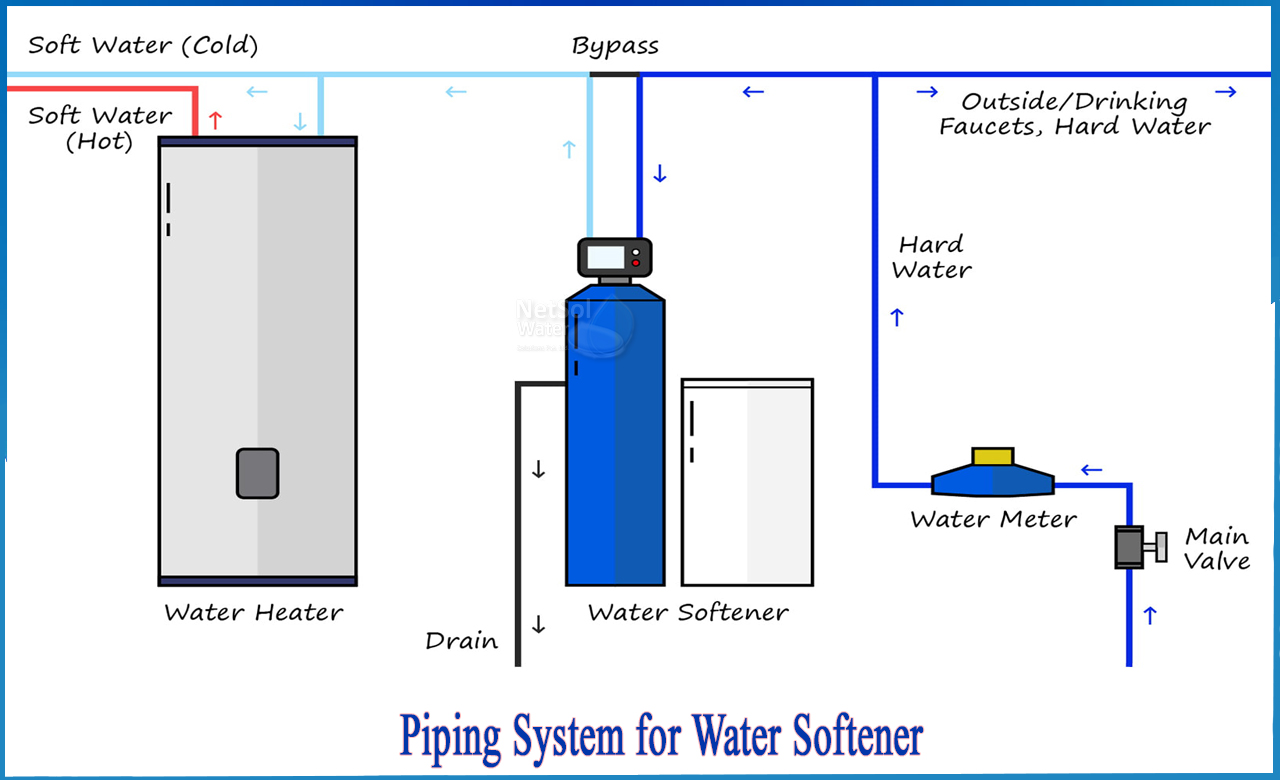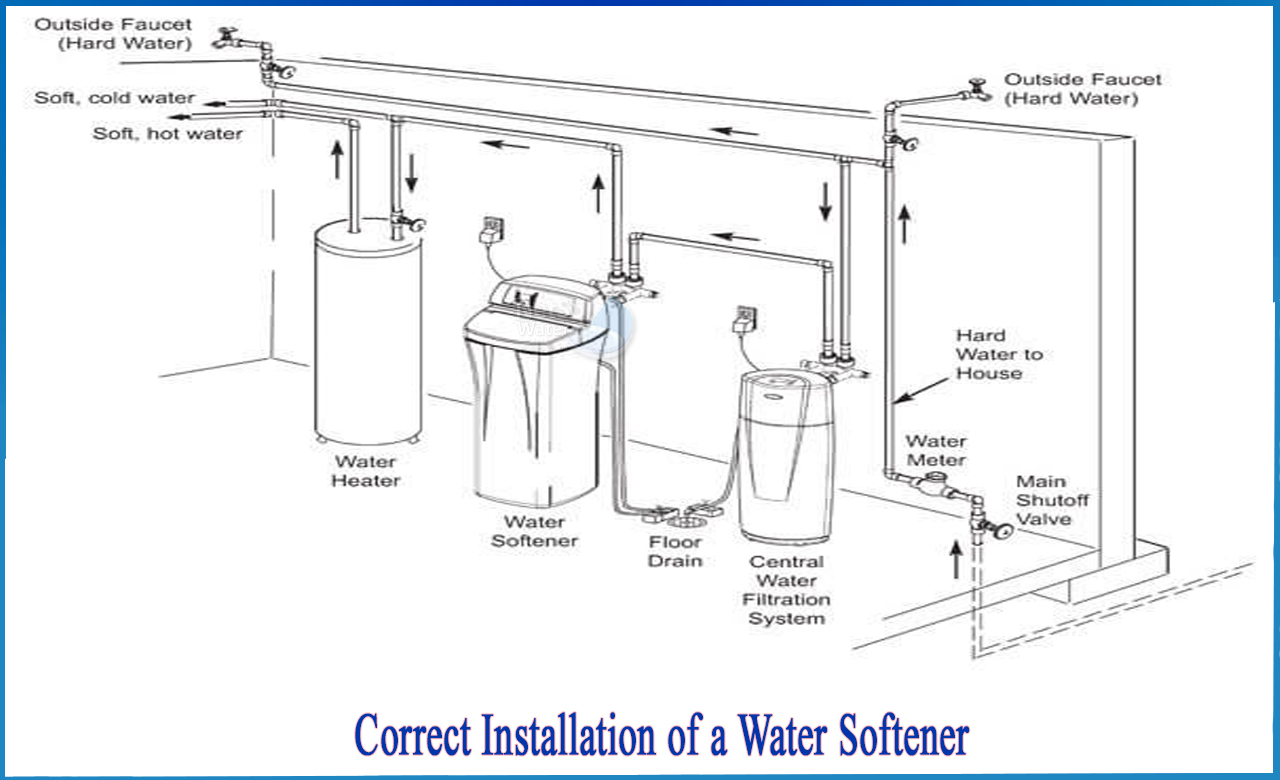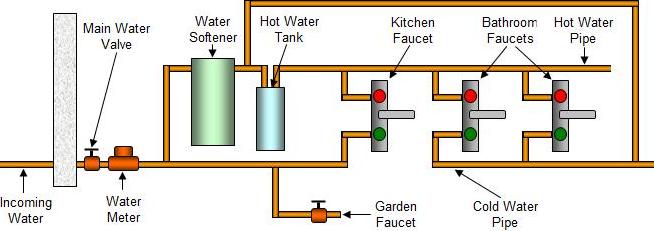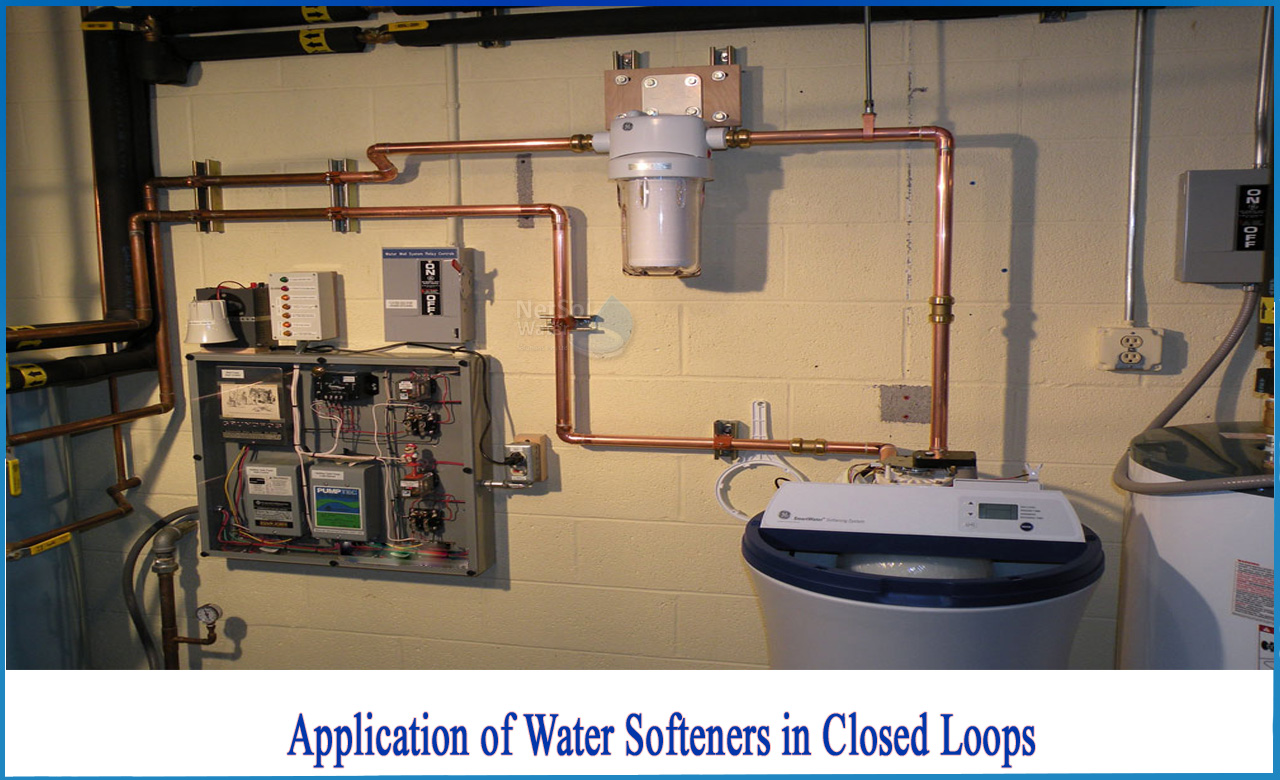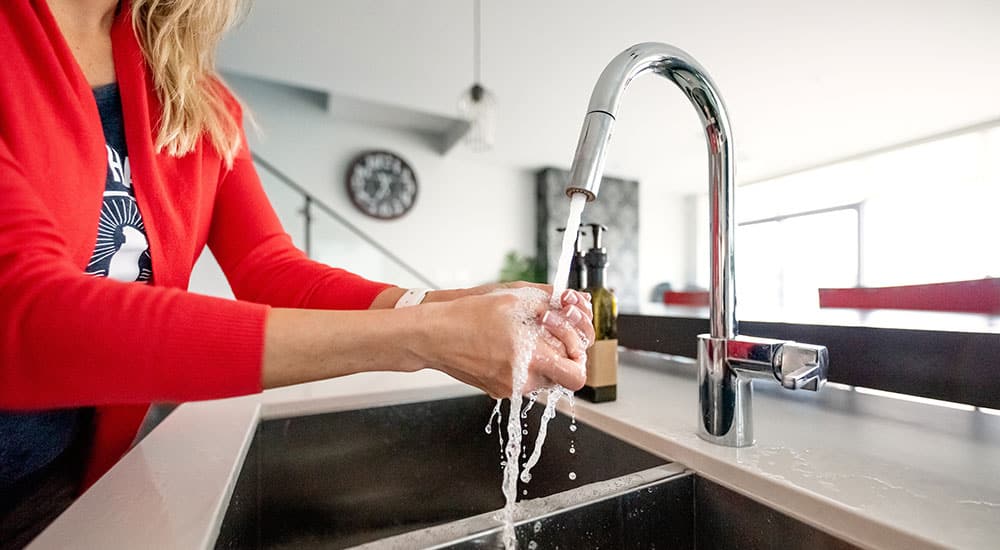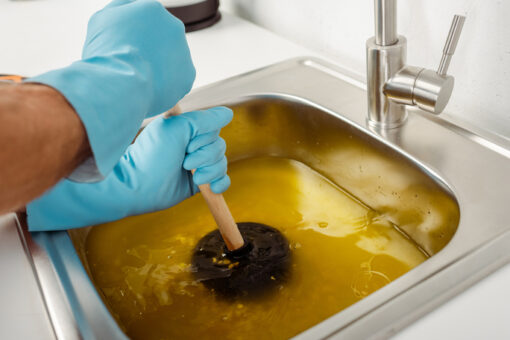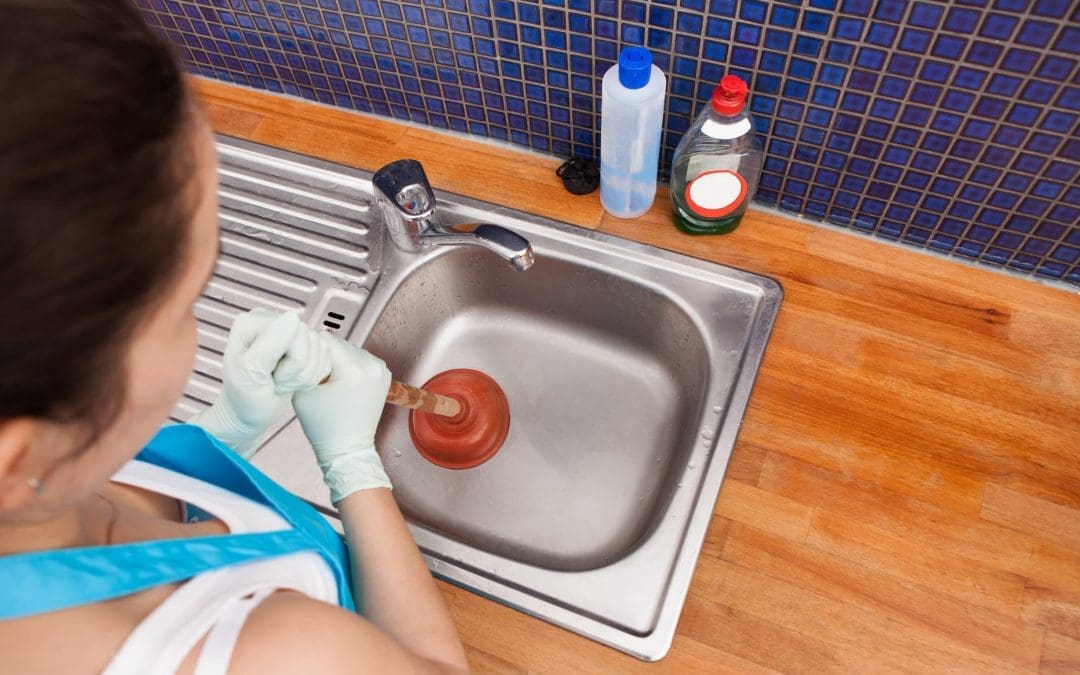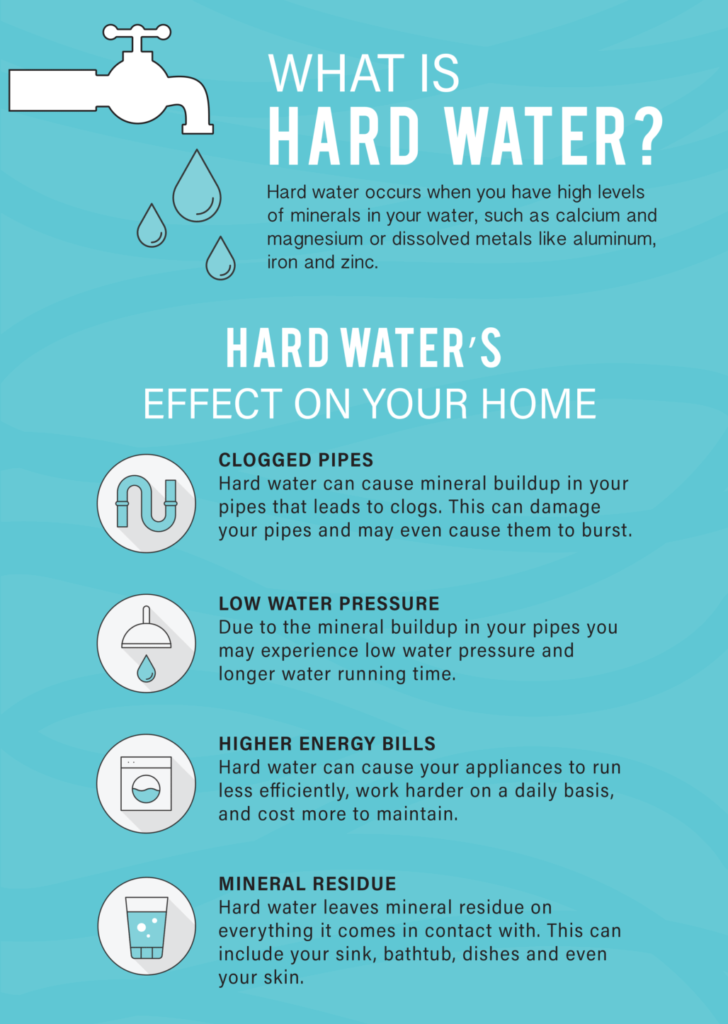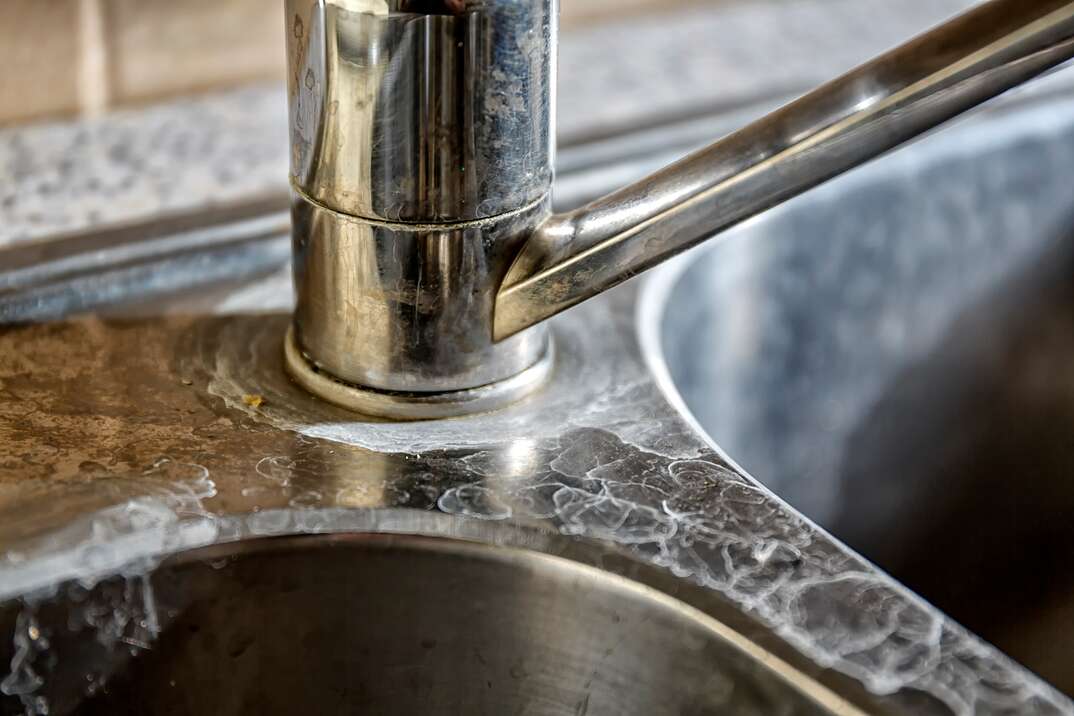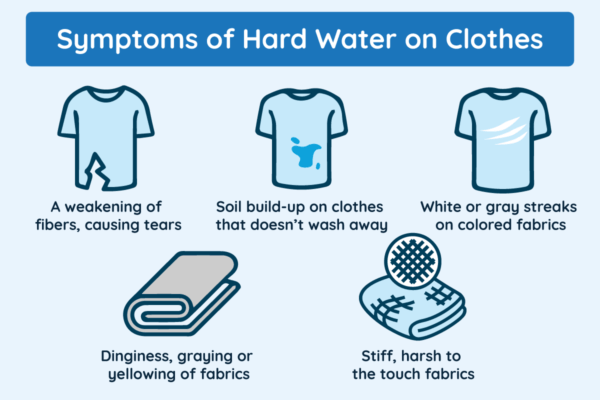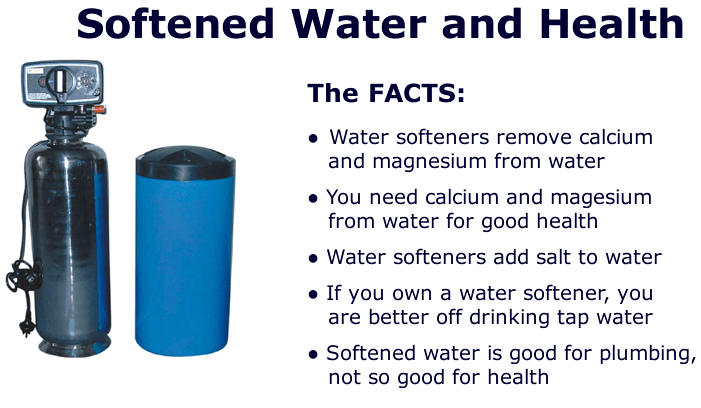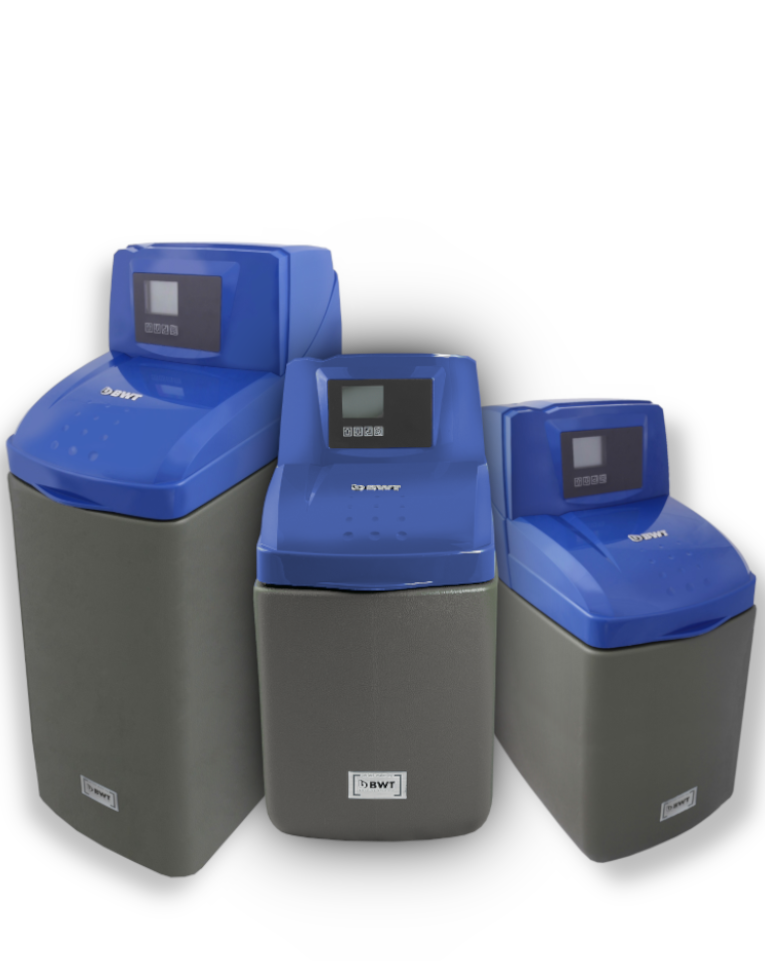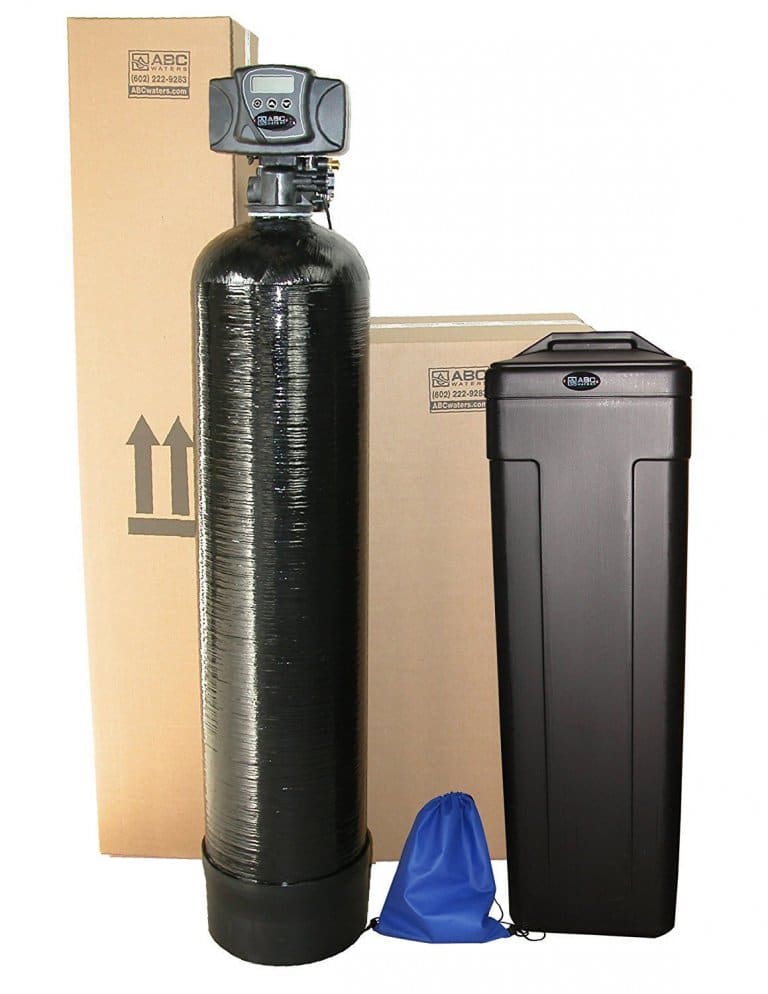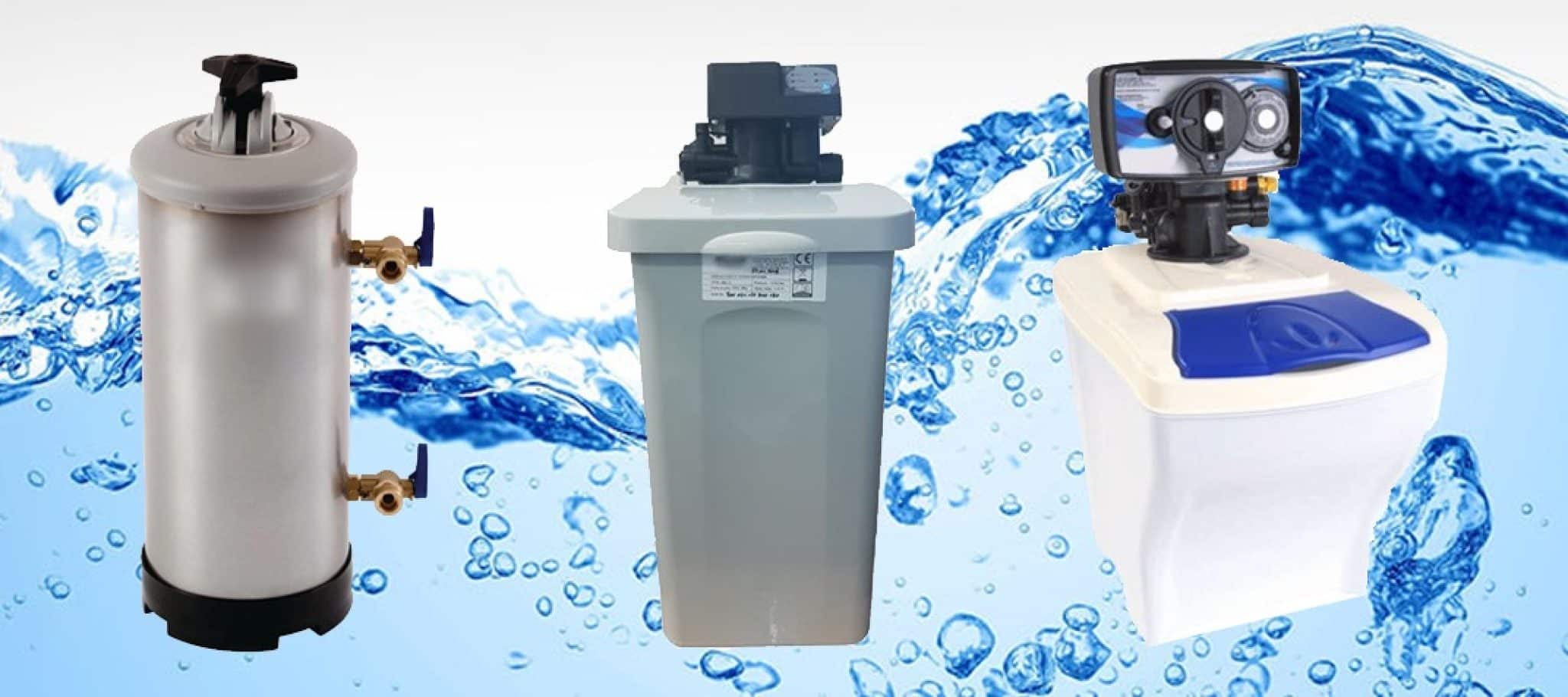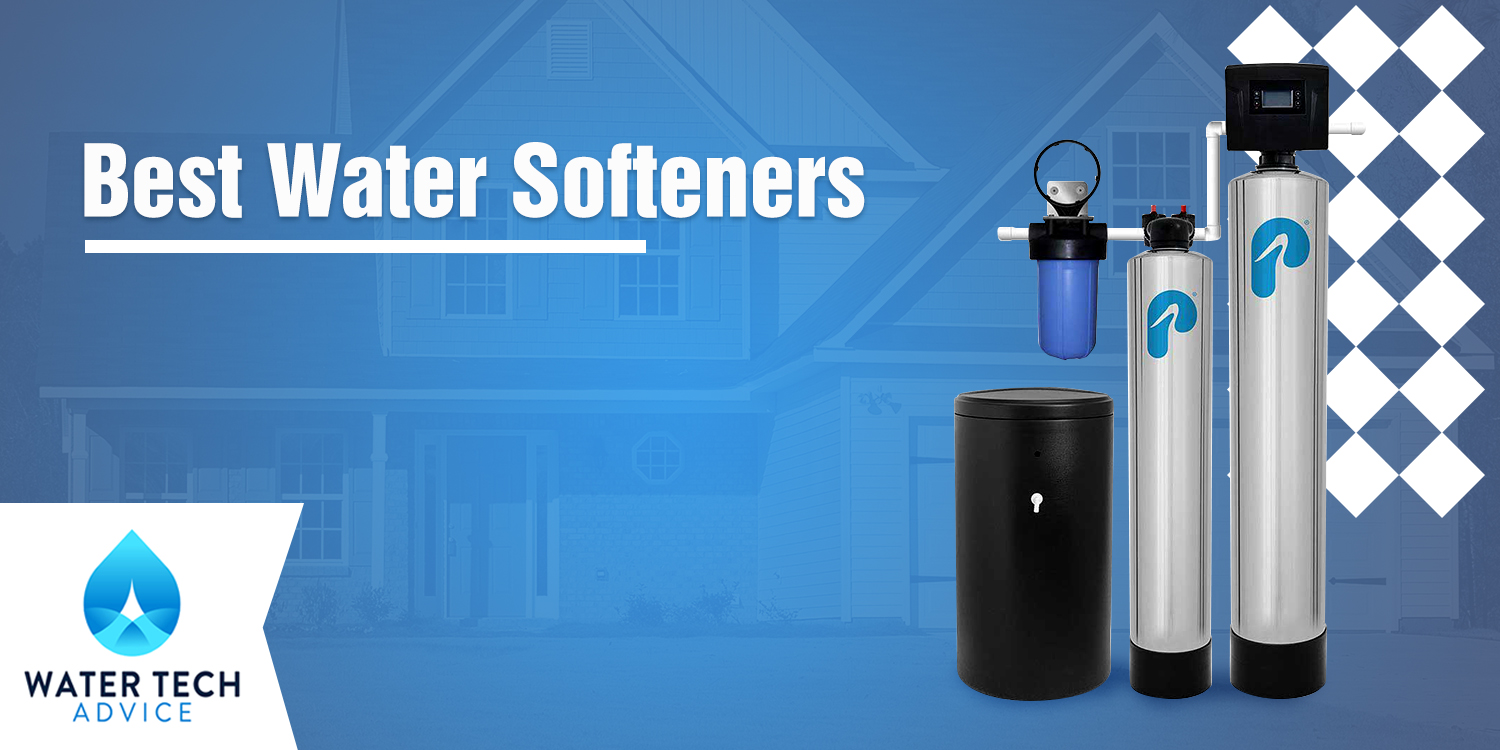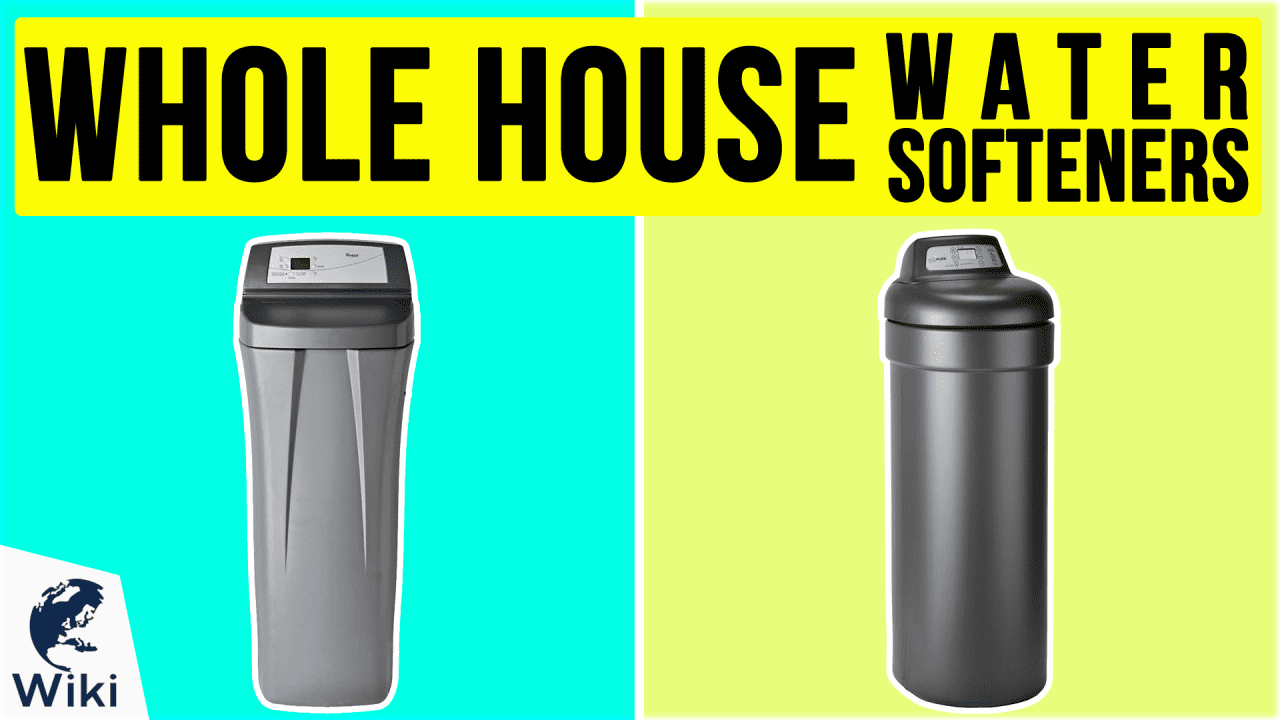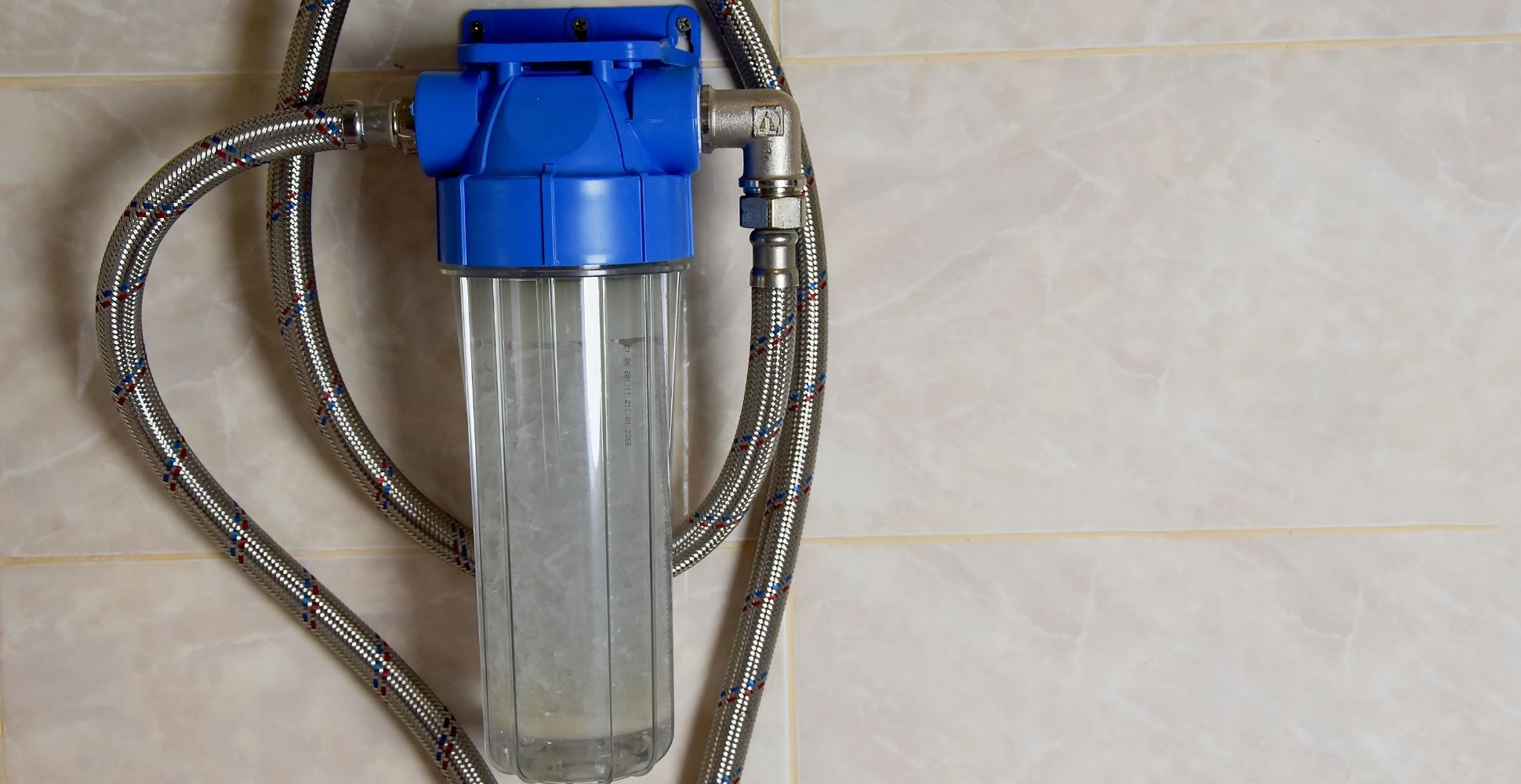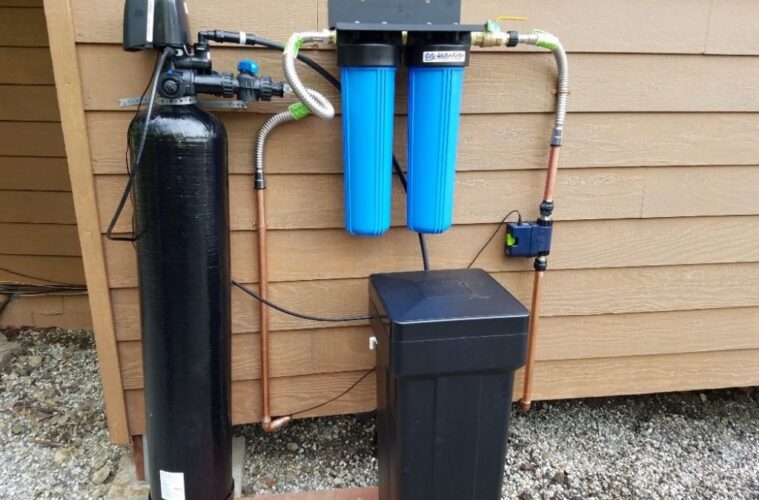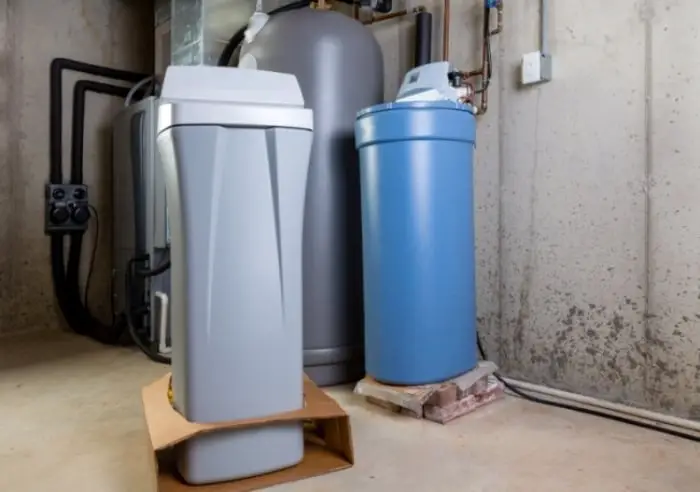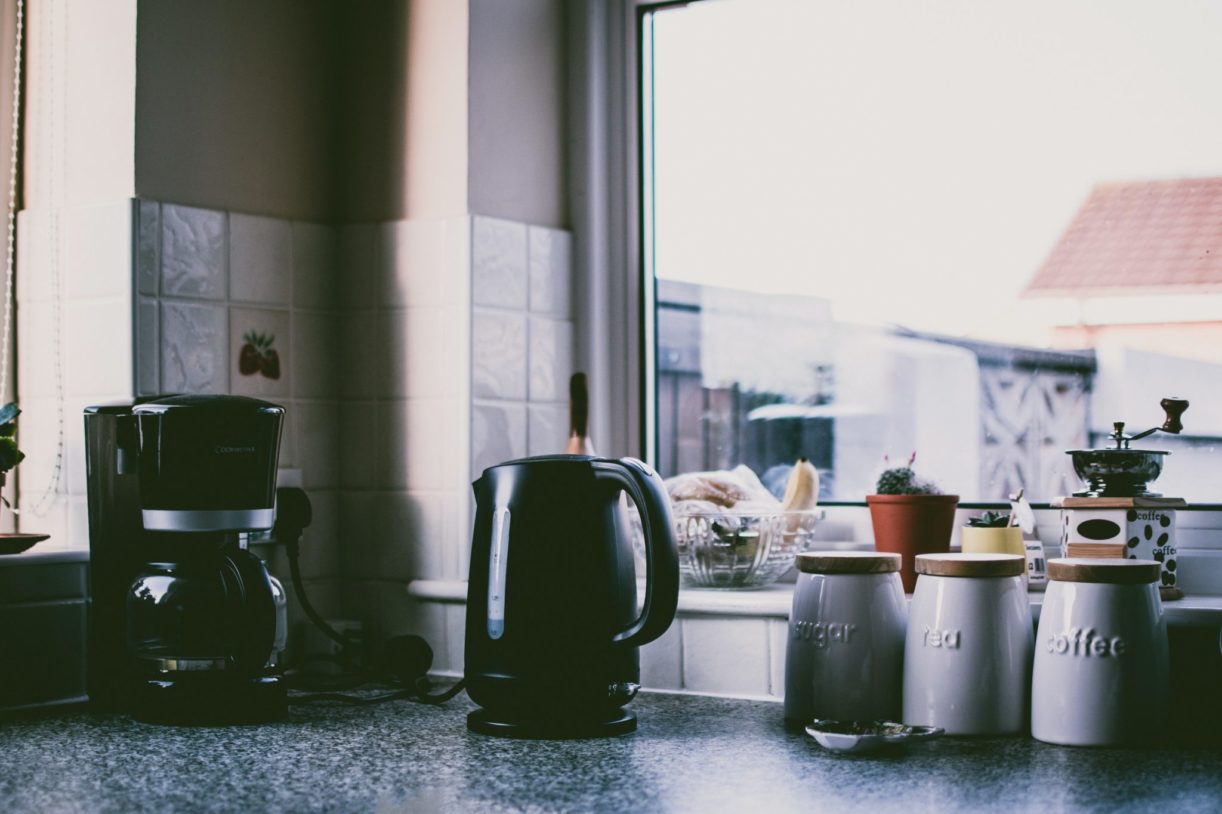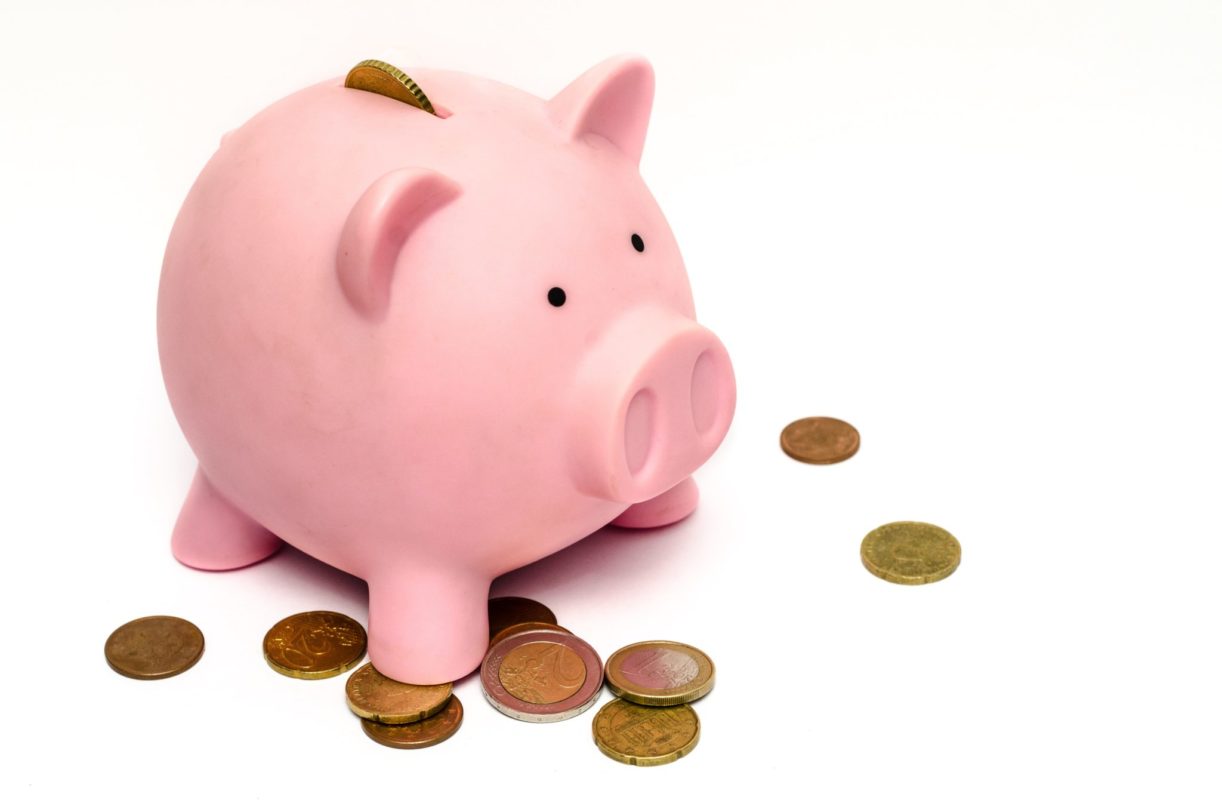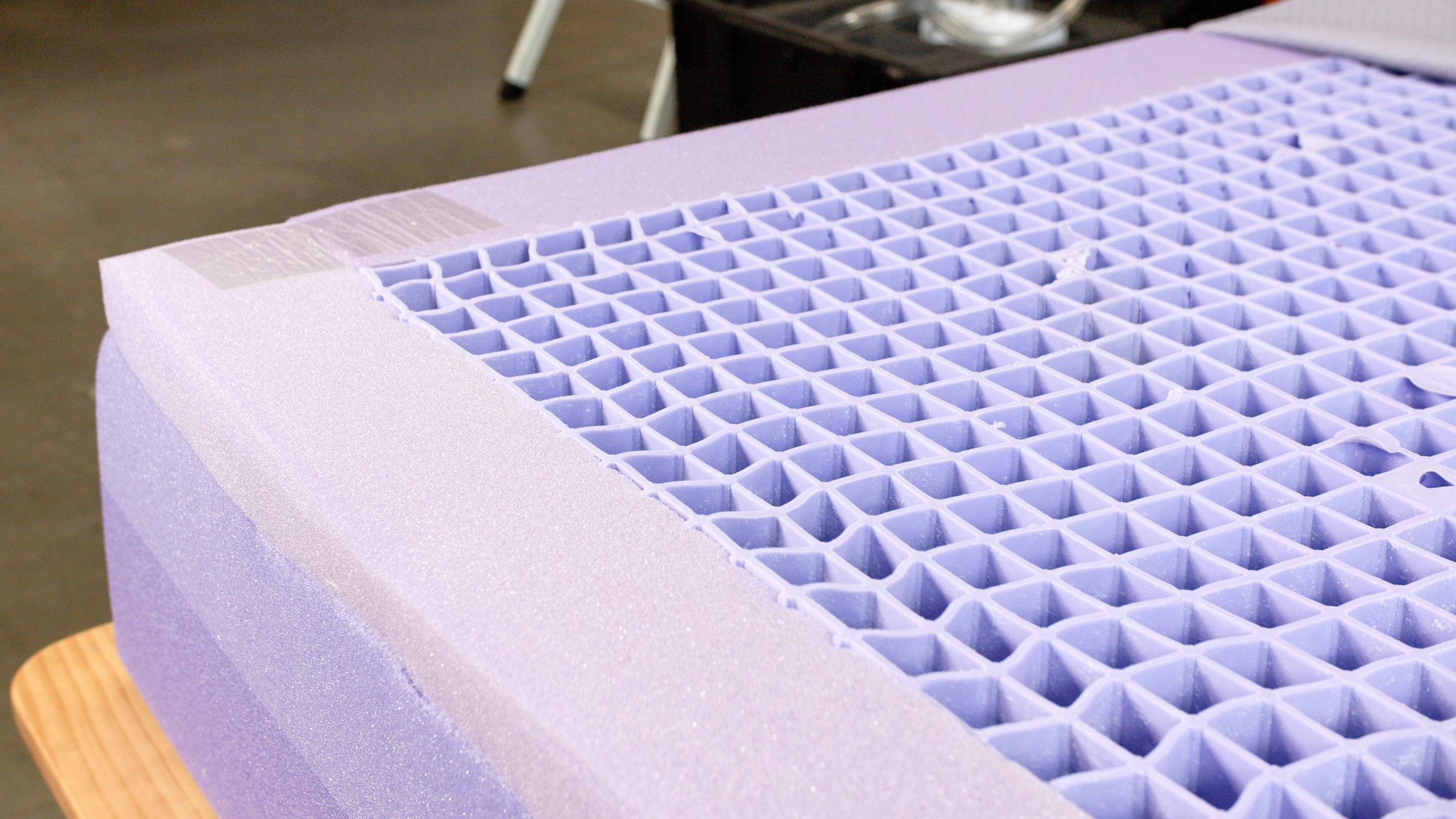If you're wondering if your kitchen sink should have softened water, the answer is yes! There are many benefits to using softened water for your kitchen sink that you may not be aware of. Let's take a closer look at some of the advantages of having softened water in your kitchen. Softened water is better for cleaning dishes and utensils. Hard water contains minerals like calcium and magnesium that can leave behind a film on your dishes and utensils, making them look dull and dirty. Softened water, on the other hand, is free of these minerals and leaves your dishes and utensils sparkling clean. Softened water can extend the life of your appliances. Hard water can cause buildup in your appliances, such as your dishwasher and coffee maker, which can decrease their efficiency and lifespan. Softened water prevents this buildup, saving you money in the long run. Softened water can improve the taste of your food and drinks. If your kitchen sink water is hard, it can affect the taste of your food and drinks. Softened water has a cleaner and fresher taste, making your meals and beverages more enjoyable. Softened water can save you money on cleaning products. Since softened water is better at cleaning, you may find that you need to use less soap and detergent when doing dishes and laundry, saving you money on cleaning products over time. Softened water is gentler on your skin and hair. Hard water can be harsh on your skin and hair, leaving them feeling dry and dull. Softened water is gentler and can help keep your skin and hair looking and feeling healthier.Benefits of Softened Water for Your Kitchen Sink
If you've decided that softened water is the way to go for your kitchen sink, the next step is to install a water softener. Here's a step-by-step guide on how to install a water softener for your kitchen sink: Step 1: Choose the right water softener for your needs. There are different types of water softeners available, so make sure to do your research and choose one that is suitable for the size of your household and the level of hardness in your water. Step 2: Shut off the water supply. You will need to shut off the main water supply to your house before installing the water softener. Step 3: Install the bypass valve. This valve will allow you to bypass the water softener when needed, such as when you need to use unsoftened water for outdoor tasks. Step 4: Connect the water softener to the water supply. You will need to attach the water softener to the main water supply using the provided fittings and pipes. Step 5: Connect the drain line. The drain line will carry the wastewater from the water softener to a drain. Make sure to connect it securely and to a suitable drain location. Step 6: Add salt to the brine tank. Your water softener will come with a brine tank that needs to be filled with salt. Follow the manufacturer's instructions for the right type and amount of salt to use. Step 7: Turn on the water supply. Once everything is connected, turn the water supply back on and check for any leaks. Step 8: Regenerate the water softener. Your water softener will need to go through a regeneration process to start working. This can take a few hours, so plan accordingly. Step 9: Test the water. Once the regeneration process is complete, test the water to make sure it is properly softened.How to Install a Water Softener for Your Kitchen Sink
Now that you know the benefits of softened water and how to install a water softener for your kitchen sink, you may be wondering why it's so important to have softened water in the first place. Here are a few reasons: Prevents buildup in pipes and appliances. Hard water can cause mineral buildup in your pipes and appliances, leading to clogs and decreased efficiency. Softened water prevents this buildup, ensuring your pipes and appliances work properly. Reduces energy costs. Appliances that use water, such as your dishwasher and washing machine, can use up to 30% more energy when using hard water. Softened water can help reduce your energy costs and save you money in the long run. Improves water pressure. Mineral buildup from hard water can also affect your water pressure. Softened water helps to keep your pipes clean and free of buildup, resulting in better water pressure. Protects your skin and hair. As mentioned earlier, hard water can be harsh on your skin and hair. Softened water is gentler and can help keep your skin and hair looking and feeling healthy.The Importance of Softened Water for Your Kitchen Sink
If you're not sure if your kitchen sink water is properly softened, there are a few ways to test it: Use a water hardness test kit. These kits are available at most hardware stores and can give you a quick and easy way to test the hardness of your water. Look for signs of hard water. If you notice limescale buildup on your faucets and appliances, or if your dishes and glasses have spots after washing, it's a good indication that your water is hard. Get a professional water test. If you want a more accurate assessment of your water hardness, you can hire a professional to test your water and provide you with the results.How to Test if Your Kitchen Sink Water is Softened
Still not convinced that softened water is necessary for your kitchen sink? Here are some of the effects of hard water that may change your mind: Buildup on dishes and utensils. As mentioned earlier, hard water can leave behind a film on your dishes and utensils, making them look dirty and dull. Clogged pipes and appliances. Mineral buildup from hard water can clog your pipes and appliances, leading to costly repairs and replacements. Decreased appliance efficiency. Appliances that use water, such as your dishwasher and washing machine, can become less efficient when using hard water. This can result in higher energy and water bills. Dry and itchy skin. The minerals in hard water can strip your skin of its natural oils, leaving it dry and itchy. Dull and brittle hair. Hard water can also affect your hair, leaving it feeling dry, dull, and prone to breakage.The Effects of Hard Water on Your Kitchen Sink
By now, it should be clear that softened water is the way to go for your kitchen sink. Here are a few more reasons why you should consider using softened water: Improved water quality. Softened water is cleaner and fresher, making it better for drinking, cooking, and cleaning. Extended appliance lifespan. By preventing mineral buildup, softened water can help extend the life of your appliances, saving you money in the long run. Healthier skin and hair. Softened water is gentler on your skin and hair, helping to keep them looking and feeling healthy. Cost savings on cleaning products. Since softened water is better at cleaning, you may find that you need to use less soap and detergent, saving you money on cleaning products over time.Why You Should Consider Softened Water for Your Kitchen Sink
To ensure your kitchen sink water stays properly softened, here are some maintenance tips to keep in mind: Check the salt levels in your water softener. Make sure to regularly check the salt levels in your water softener and add more as needed. Flush your water softener regularly. It's important to flush your water softener periodically to remove any buildup and keep it working effectively. Replace your water softener resin when needed. The resin in your water softener needs to be replaced every few years, so make sure to keep track of when it's due for a replacement.How to Maintain Softened Water for Your Kitchen Sink
If you're in the market for a water softener for your kitchen sink, here are some top options to consider: Fleck 5600SXT Water Softener. This highly rated water softener has a digital control head for easy operation and can handle a household of 6 people. Morton Salt Company Water Softener. This compact water softener is ideal for smaller households and can fit in tight spaces. Whirlpool WHESFC Water Softener. This all-in-one water softener and filter combo is perfect for those looking for both soft and filtered water.The Best Water Softeners for Your Kitchen Sink
If you're not sure whether or not your kitchen sink needs softened water, here are some signs to look out for: Mineral buildup on faucets and appliances. If you notice a white, chalky buildup on your faucets and appliances, it's a sign that your water is hard. Spots on dishes and glasses. After washing your dishes, if you notice spots or residue on them, it's likely due to hard water. Dry and itchy skin and hair. If you or your family members are experiencing dry and itchy skin and hair, it could be a result of using hard water.How to Tell if Your Kitchen Sink Needs Softened Water
Lastly, let's take a look at how softened water can benefit your kitchen sink appliances: Dishwasher. Softened water can help keep your dishwasher running efficiently and extend its lifespan by preventing mineral buildup. Coffee maker. Using softened water in your coffee maker can result in a better-tasting cup of coffee, as well as prevent limescale buildup in your machine. Garbage disposal. Softened water can help keep your garbage disposal clean and free of buildup, ensuring it continues to work properly. Ice maker. If you have an ice maker in your kitchen sink, using softened water can prevent mineral buildup and keep your ice cubes clear and clean. In conclusion, having softened water for your kitchen sink is important for a variety of reasons, including improved water quality, extended appliance lifespan, and healthier skin and hair. By installing a water softener and properly maintaining it, you can enjoy the benefits of softened water for years to come.The Benefits of Using Softened Water for Your Kitchen Sink Appliances
Additional Benefits of Using Softened Water in Your Kitchen Sink

Improved Cleaning Performance
 One of the main benefits of using
softened water
in your kitchen sink is its ability to improve cleaning performance. Hard water contains high levels of minerals such as calcium and magnesium, which can leave behind
unsightly limescale
on your dishes, sink, and faucet. This can make cleaning a difficult and time-consuming task. By using
softened water
, you can prevent the buildup of limescale and other mineral deposits, resulting in cleaner and shinier dishes and a sparkling clean sink.
One of the main benefits of using
softened water
in your kitchen sink is its ability to improve cleaning performance. Hard water contains high levels of minerals such as calcium and magnesium, which can leave behind
unsightly limescale
on your dishes, sink, and faucet. This can make cleaning a difficult and time-consuming task. By using
softened water
, you can prevent the buildup of limescale and other mineral deposits, resulting in cleaner and shinier dishes and a sparkling clean sink.
Longer Lasting Appliances
 Another advantage of using
softened water
in your kitchen sink is that it can help extend the lifespan of your appliances. Hard water can cause mineral buildup in your
dishwasher
and
garbage disposal
, leading to clogs and potentially damaging them. By using
softened water
, you can prevent this buildup and ensure that your appliances continue to run efficiently for longer.
Another advantage of using
softened water
in your kitchen sink is that it can help extend the lifespan of your appliances. Hard water can cause mineral buildup in your
dishwasher
and
garbage disposal
, leading to clogs and potentially damaging them. By using
softened water
, you can prevent this buildup and ensure that your appliances continue to run efficiently for longer.
Healthier Drinking and Cooking Water
 While the primary purpose of a kitchen sink is for washing dishes, it is also a common source of drinking and cooking water.
Softened water
can be beneficial for these purposes as well. Hard water can have a distinct taste and odor, which may affect the taste of your food and beverages. Softened water, on the other hand, is free from these minerals and can provide a cleaner and more refreshing taste.
While the primary purpose of a kitchen sink is for washing dishes, it is also a common source of drinking and cooking water.
Softened water
can be beneficial for these purposes as well. Hard water can have a distinct taste and odor, which may affect the taste of your food and beverages. Softened water, on the other hand, is free from these minerals and can provide a cleaner and more refreshing taste.
Cost Savings
 Using
softened water
in your kitchen sink can also lead to cost savings in the long run. Hard water can cause damage and wear on your plumbing system, resulting in costly repairs and replacements. By using
softened water
, you can prevent this damage and prolong the life of your plumbing system, saving you money in the long term.
In conclusion, while there may be some initial investment in installing a
water softening system
for your kitchen sink, the benefits it provides make it a worthwhile investment. From improved cleaning performance and longer lasting appliances to healthier drinking and cooking water and cost savings, using
softened water
in your kitchen sink can greatly enhance your overall house design. So the next time you are considering whether your kitchen sink should have softened water, the answer is a resounding yes.
Using
softened water
in your kitchen sink can also lead to cost savings in the long run. Hard water can cause damage and wear on your plumbing system, resulting in costly repairs and replacements. By using
softened water
, you can prevent this damage and prolong the life of your plumbing system, saving you money in the long term.
In conclusion, while there may be some initial investment in installing a
water softening system
for your kitchen sink, the benefits it provides make it a worthwhile investment. From improved cleaning performance and longer lasting appliances to healthier drinking and cooking water and cost savings, using
softened water
in your kitchen sink can greatly enhance your overall house design. So the next time you are considering whether your kitchen sink should have softened water, the answer is a resounding yes.







